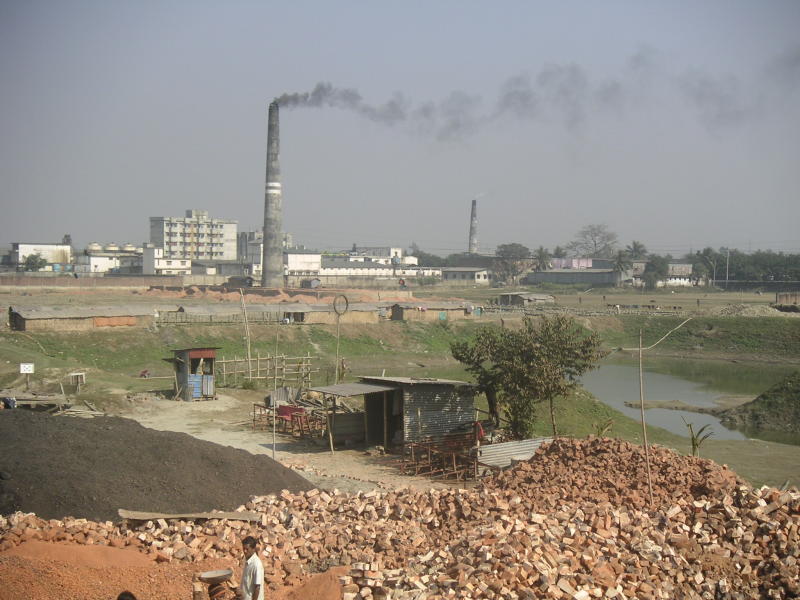Science News
Climate Proposals and Support

Last month, two exciting steps were taken to help the fight against global warming—a proposal to reduce emissions other than carbon dioxide, and support for educators wanting to communicate climate change in their classrooms.
The proposal to reduce emissions came from an international team publishing in Science. Led by Drew Shindell of NASA Goddard, the team looked to other causes of global warming, excluding the carbon dioxide and fossil fuels that always cause a great debate. In their new study, they propose 14 key air pollution control measures that, if implemented, could slow the pace of global warming, improve health and boost agricultural production.
Their methods limit black carbon and methane, which would have a more immediate impact because these two pollutants circulate out of the atmosphere more quickly. The New York Times offers some of the solutions:
…encouraging a switch to cleaner diesel engines and cookstoves, building more efficient kilns and coke ovens, capturing methane at landfills and oil wells, and reducing methane emissions from rice paddies by draining them more often.
It’s a win-win proposal. “Protecting public health and food supplies may take precedence over avoiding climate change in most countries, but knowing that these measures also mitigate climate change may help motivate policies to put them into practice,” Shindell says.
Less than a week later, the locally based non-profit National Center for Science Education (NCSE) announced that it would support teachers who experience resistance to climate change education in their classrooms. Several years ago, they announced similar support for evolution education.
And the LA Times reports that sadly, the support is necessary:
Texas and Louisiana have introduced education standards that require educators to teach climate change denial as a valid scientific position. South Dakota and Utah passed resolutions denying climate change. Tennessee and Oklahoma also have introduced legislation to give climate change skeptics a place in the classroom.
The Green blog in the New York Times offers another scary statistic:
Dr. [Eugenie] Scott [head of NCSE] said national surveys of science teachers indicated that “one-third or more of their teachers have experienced some kind of push-back on the teaching of climate change.”
“Climate affects everyone, and the decisions we make today will affect generations to come,” says Scott in a press release. “We need to teach kids now about the realities of global warming and climate change, so that they're prepared to make informed, intelligent decisions in the future.”
Image: The University of York/Kevin Hicks